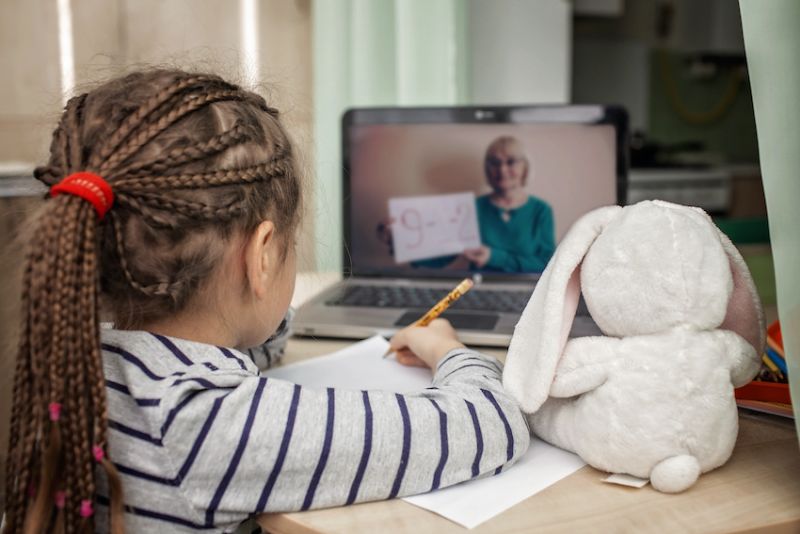The Ulster University research uncovered that parents of children with Special Educational Needs (SEN) found the change in routine and lack of additional support particularly difficult.
The research team from the UNESCO Centre, School of Education at Ulster University found, that while there was generally good support and communication from schools, principals and teachers, there was variance in terms of what parents received from schools, how they received it and opportunities for interaction between teachers and pupils.
Additional research report findings include:
- Clear evidence of a digital divide in terms of digital devices in the home, access to a printer, and Wi-Fi access which impacted on some parents’ ability to support their children’s learning.
- Notable relationships between Free School Meal Entitlement (FSME) and how parents coped with home-schooling during this time.
- Considerable variation in the subject areas parents of primary and post-primary pupils felt most and least confident supervising.
The research report calls on the Department of Education to create a more resilient, sustainable and inclusive education system going forward, and to prepare for different scenarios regarding education provision ahead of what the UK government has called regional COVID-19 clusters and localised lockdowns.
Dr Una O’Connor Bones, Deputy Director of the UNESCO Centre at Ulster University and lead researcher commented:
“The sudden closure of schools across Northern Ireland undoubtedly brought about a significant learning curve for parents, teachers, principals and the wider school community. Many of the responses submitted by parents reveal universal themes and are reflective of the inevitable challenges that arise at a time of global disruption and uncertainty.
The ongoing impact on teaching and learning, alongside the physical and mental well-being of parents and pupils, is unsustainable and could well add to the calls for radical educational transformation in the longer term. Key messages emerging from the study present opportunities for collaborative educational change in Northern Ireland.”
The research took place between April and May 2020 and collated the responses of over 4,600 parents from all postcodes across Northern Ireland.
The full research report is published today and can be accessed here.


















